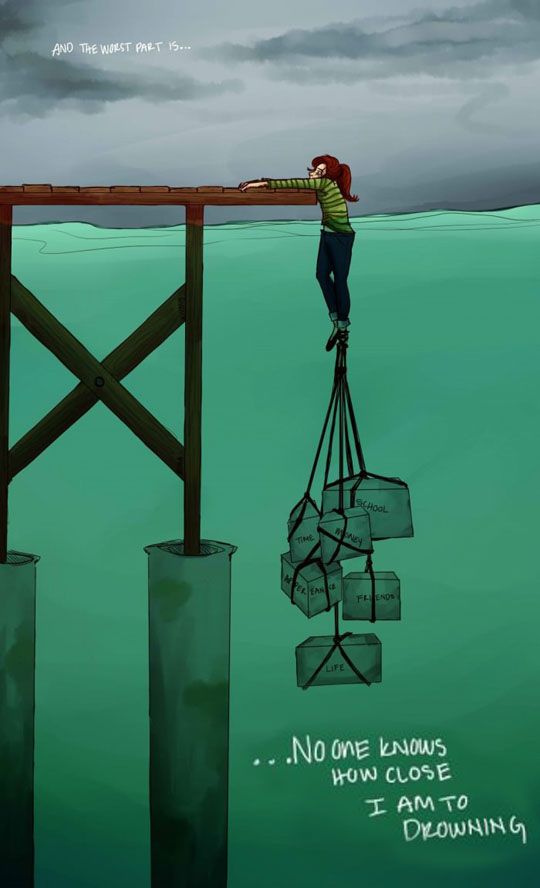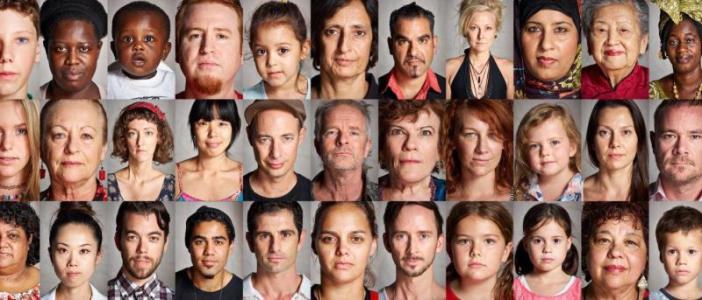
Domestic Violence Doesn’t Discriminate
It is a myth that domestic abuse only happens to those experiencing poverty, mental health challenges, or addictions. Domestic violence can happen regardless of whether you are:
- Rich or poor
- White, African-American, Hispanic, or so on
- Gay or straight
- Male/Female/Other
- From a “good” family or not
- Educated
- Married, dating, FWBs, or single
- Struggling with addition or clean as a whistle
- and so on…
To illustrate the point – below are a few stories about clients that have stayed at HER at some point in the past. Names and some details have been adjusted for confidentiality purposes, but not for dramatic effect.

Martha
Meet Martha, a short, gray-haired, white woman in her mid-sixties – she’d fit right in among the other ladies picking out scrap-booking supplies at the craft store. Martha would certainly not fit many people’s expectations for someone experiencing terrible domestic violence. She drove a sports car, was highly educated (PhD), and was financially well-off. But, underneath the surface of her privileged life, she was struggling to keep herself afloat. For years she had been secretly surviving abuse at the hands of a husband that maintained a respectable public image. They were a couple that had been married a long time, with friends and family that knew nothing about what was going on behind closed doors. Martha felt trapped by expectation, by shame, by finances, and by her age. No one would hire a woman in her mid-sixties if she quit her job to move away from her husband. Friends and family would question her sanity if she accused the man they knew of being abusive. Their joint finances, savings, home, and so on, were going to take years to untangle.
Finally, after years of working up the strength, Martha made a call to the hotline that changed her life forever. Days later she started her time as a resident at HER, getting accustomed to shelter life and familiarizing herself with the services we could offer during her stay. At the same time, she was condensing 30+ years of personal items and furniture into a tiny storage unit and the backseat of her car (the storage unit she would later have to empty, selling most of what she had). We faced many challenges with Martha – her age and degree made her far too qualified for most jobs. Her financial background made it tough to convince others that she needed support at all. But she worked hard, and she had hope for the future. A future without the fear and pain she had suffered under for more than a decade.

Serena
You will never meet a kinder person than Serena. A cis-gender lady from a middle-class Christian background, she loved to cook and could befriend anyone given the time. Originally from the West Coast, she had ended up in the Hampton Roads area with a boyfriend in uniform – a story not too uncommon around here! Unfortunately, what had started off as a romance, had eventually darkened into abuse and she was only able to escape after he had been stationed elsewhere and she’d refused (dangerously) to come along. Upon entering shelter, she also revealed that she had been diagnosed with a terminal illness, and had been given only a few months to a year to live. It was almost mind-boggling to think that someone could bear so much at once.
After months of eager participation in our services (especially the Sweet Haven program – she LOVED baking), she was eventually able to reconnect with family that were willing to help support her in the final chapter of her life. It was strange for us, to not be helping someone find a job, gain benefits, or look for long-term housing. Instead, our role was as witnesses – as she experienced freedom again and gained back her sense of joy, humor, and wholeness. It was an amazing thing to watch her blossom, because even in her acknowledgement of the hardship she’d suffered and the pain she expected in the future, she was kind, grateful, and at peace. She faced her life one day at a time, savoring every laugh and determined to make the best of every chance she had to be happy.

Elle
If you can imagine a life with roller-coaster like ups and downs, this would be it. From a small African-American family in the north, she and her siblings were left a significant inheritance from an older relative who passed away. Thrust into wealth, Elle found herself suddenly quite popular with friends and family who began showing up out of the woodwork. Resisting much of the peer pressure, Elle still found herself completely broke within 2 years. Soon, the bank foreclosed on the home she’d also been left, and she and her family found themselves bouncing from place to place. Behind closed doors, she began experiencing abuse at the hands of her mother – who lived with her and relied on her for care. At the same time, she dated a series of men – none of whom treated her well.
By the time Elle became a client at the Shelter, she was in her late forties, tired, bankrupt, at odds with her family, and pregnant on top of it. She was a kind and generous person, but weary of being manipulated again and lacking the energy to stand up for herself. During her stay at the Shelter, we slowly worked to help her rebuild her sense of self-worth, to obtain the benefits she and her elderly mother needed in order to live day-to-day, and about three weeks in – coping with the sudden loss of her pregnancy. Elle was repeatedly handed circumstances in her life that were somewhat or entirely out of her control. All she could do was hang on, and each day try to make the sun rise a little higher.

Here or There
As stated above – domestic abuse can and does happen in places you can picture and places you can’t. It happens in the upper-class gated community, and it happens in the projects. It happens to the teenager from a nice family, and to the immigrant wife who just came to the country a month ago. If statistics are correct – you know someone right now who has or will experience domestic abuse in their lifetime. So the next time someone asks, “Who does that happen to?” – you can simply answer: “Anyone.”
